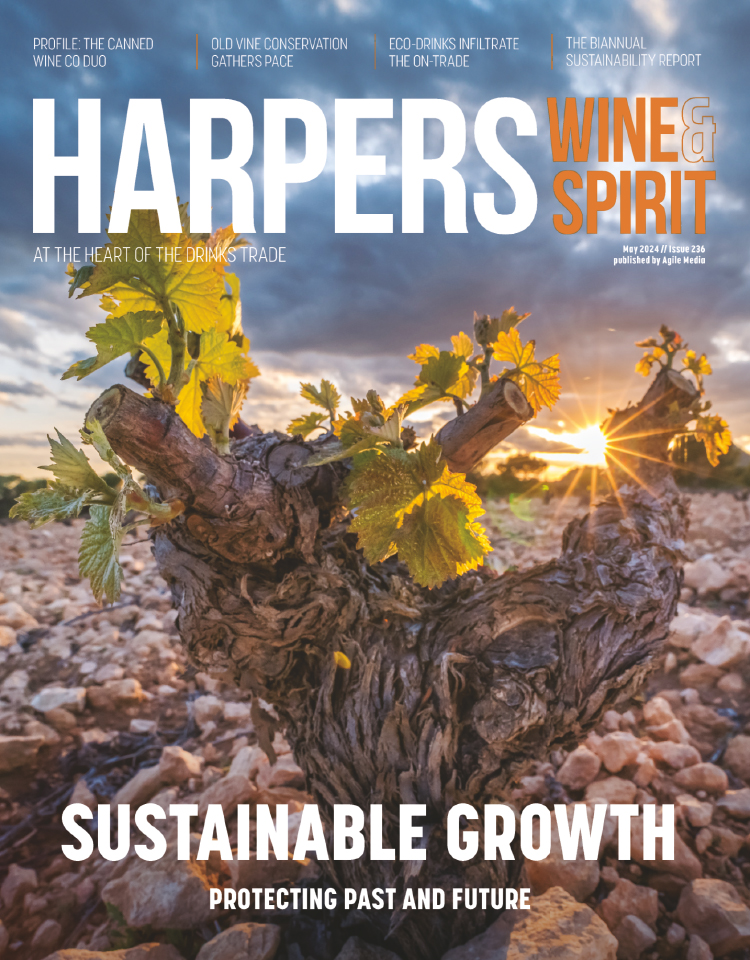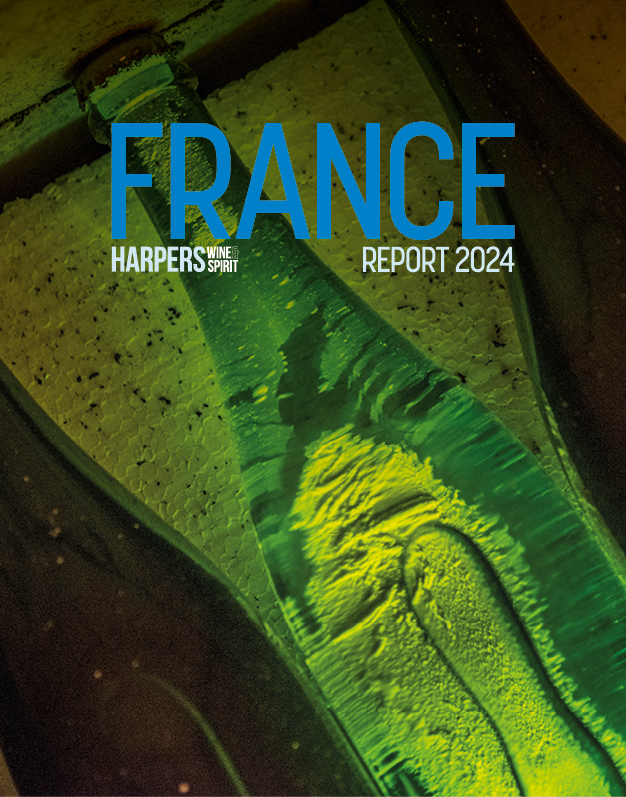
Marketing spend and tone of voice labelled vital in Covid era
With the pandemic putting companies and brands under the microscope, businesses are being warned to pay close attention to how they communicate with consumers – and how vigorously they defend their market share.
When Covid-19 hit, one of the first things to fall by the wayside was marketing spend, as uncertainty led both companies and consumers to tighten their belts.
Reacting to this uncertainty by slashing marketing budgets could take a heavier toll in the long-term, however, as insights from consumer-focused analysts, Touchpoints, suggest.
According to the data, time spent shopping in-store and online has dropped by 30% since lockdown on 24 March.
But while people are spending less time shopping than before, when they do shop, they’re actually buying more – and thinking much more about what they pick up from the shelf, with a 4% reduction in people saying they can afford to splash out on luxury goods.
“Companies are cutting back on their marketing spend because they see the economic downturn and it’s just the easiest thing to cut,” said Simon Frazier, senior research and marketing manager at the Institute of Practitioners in Advertising, which produces the Touchpoints research annually.
“The problem is that in-store, consumers are much more likely to have done their homework before they go, because they know that the in-store shopping experience is going to be much more difficult than usual and there may be limited options. They’re considering what to buy, using lists and planning ahead. If you’re not on their radar, it will be difficult for brands to cut through.”
Getting the right tone of voice is equally important. The data shows that there has been a 24% increase in the number of people saying that they “actively avoid shops which they feel are unethical” during lockdown.
Marketing needs to be there and visible, therefore, but it also needs to be ethical while avoiding being disingenuous or potentially profiteering.
When it comes to losing market share and the importance of visibility, Frazier uses the example of crisp brand Golden Wonder.
Golden Wonder was the UK’s biggest crisp brand in the 1980s, until it failed to adequately defend its position.
This was one of the major contributors for sales falling by 64% between 2004 and 2006, according to Mintel, and its market share slumped from 9.2% to 1.5%, allowing Walkers to take its place.
“Now, people remember Golden Wonder as a nostalgic brand, not as a market leader,” Frazier said.
These insights are echoed from other areas of the data universe, including Wine Intelligence.
In its five focus areas for wine marketers during and after Covid-19, ‘Continue marketing spend’ came out on top.
“As companies cut marketing spend, each pound that is spent becomes more effective as it delivers a proportionally higher share of voice (SOV) amongst a total reduced spend across a category,” argued Wine Intelligence CEO Lulie Halstead.
“This results in this spend being more ‘effective’ than ever, with studies showing that ‘all things being equal, a brand whose share of voice is greater than its share of market (SOM) is more likely to gain market share’ (Clarke, 2009). So increasing SOV leads to higher market share in the longer term, holding true also during times of recession.”
Touchpoints data also shows how consumers are now more aware of how brands present themselves, with an 8% increase in the number of people saying they would “make a point” of telling friends, family or colleagues about a company or brand that has let them down in some way, after 24 March.
This could include poor customer service or corporate social responsibility, as well as excess and unnecessary packaging.
Keywords:
- market
- consumers
- share
- market share
- companies
- attention
- pay
- putting
- communicate
- vigorously
- defend
- pandemic putting
- putting companies
- microscope businesses
- pandemic putting companies






